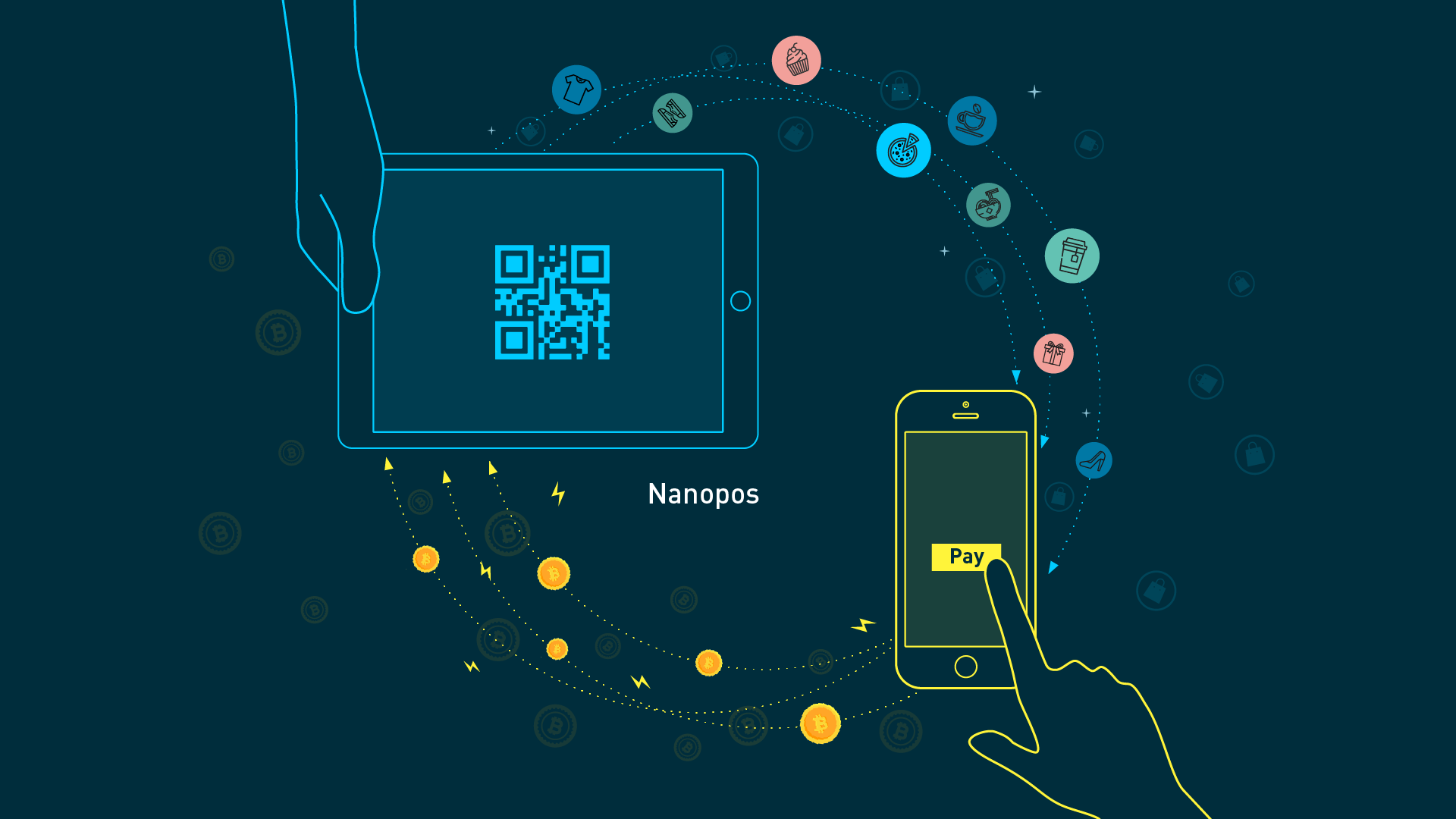
Blockstream’s Lightning Charge micropayment processing system allows web developers to easily create Lightning Apps (LApps) that accept Lightning Network payments. We’ve since released several different LApps built with Lightning Charge, the first of which was the WooCommerce Lightning Gateway, a general webcommerce solution for Lightning payments.
The WooCommerce Lightning Gateway is a great LApp for complex ecommerce situations, such as our own Blockstream Store. However, vendors will sometimes want a simpler solution for accepting Lightning payments without the need for WooCommerce features like stock management and order tracking. More notably, they may want a solution that was built to accept those payments in-person. These are the strengths of Blockstream’s fifth new LApp, a point-of-sale application called nanopos.
Nanopos is a streamlined point-of-sale system intended for businesses with fixed-price items, such as coffee shops and falafel stands. Vendors create entries for their items in a config file, which consumers will then see listed on a simple graphical screen. The buyers choose their items and receive a QR code, which they can use to make a payment to the vendor’s Lightning Charge server.
We’ve already heard that the Tel Aviv Bitcoin Embassy is considering using nanopos to sell items like snacks and t-shirts, while we ourselves have been appreciating its simplicity as a possible sale mechanism at trade shows.
Through its ease-of-use, nanopos shows the future of the Lightning Network as a mechanism for everyday commerce.
We invite you to give nanopos a try. Use it to experiment with combining c-lightning and Lightning Charge on testnet to collect micropayments for content or services, in preparation for the c-lightning beta release; or test drive it to get a feel for how to use Lightning Charge. All that you need to get started is a testnet node, a Lightning Charge server, and the nanopos LApp.